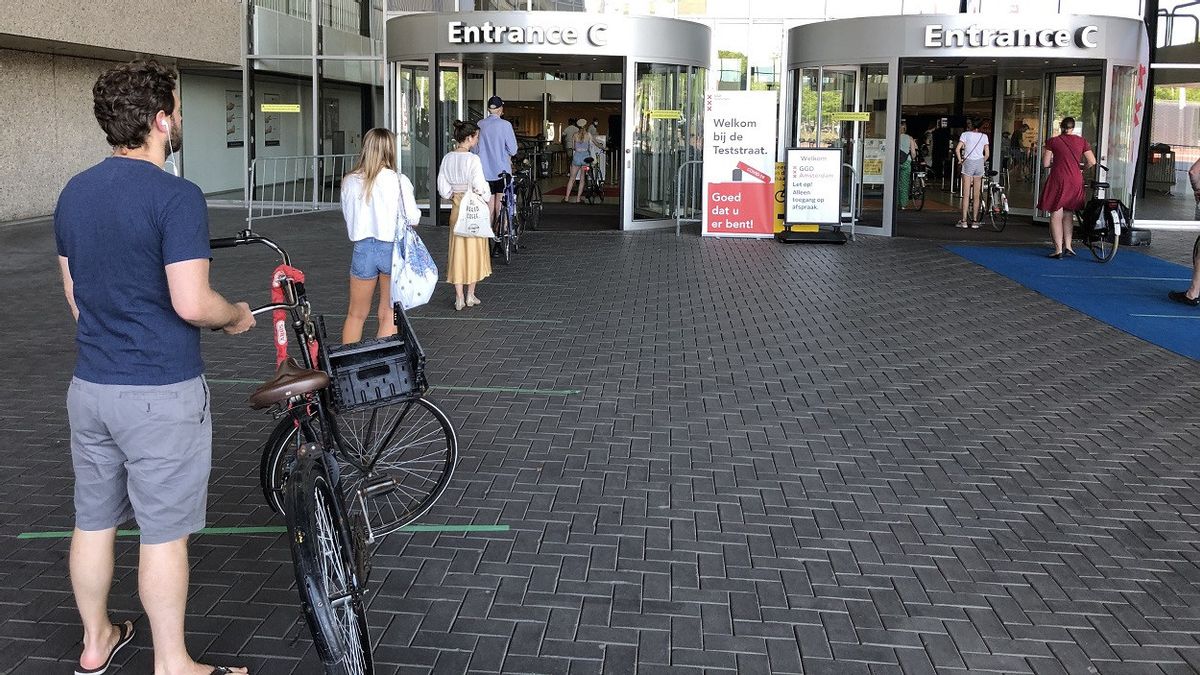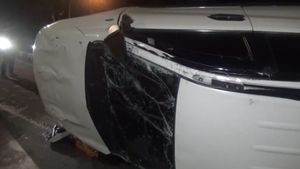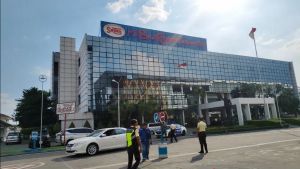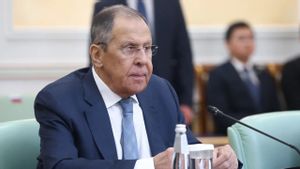JAKARTA - The Dutch government on Tuesday decided to reimpose health protocols, including the wearing of face masks, aimed at slowing the new spike in COVID-19 infection cases, Prime Minister Mark Rutte said.
Use of the 'corona pass', which shows evidence of a COVID-19 vaccination or a recent negative coronavirus test, will be extended from November 6 to public places, including museums, gyms and Rutte-lit outdoor terraces.
The Netherlands has seen an increase in cases of coronavirus infection in the past month, after most of the social distancing measures were canceled in late September, and hit the highest level since July in the past week.
These conditions have forced many hospitals to reduce routine care again, to make room for urgent COVID-19 cases.
In a televised press conference, PM Rutte called on all Dutch people, vaccinated and unvaccinated, to adhere to basic hygiene rules and stay home if they have symptoms of a possible infection.
"Our own behavior is very important, much of our coronavirus policy hinges on it," he said.
Face masks will be reintroduced in shops and other public places, while people are advised to work from home for at least half the time.
Meanwhile, the Government may next week decide to expand the use of entry permits with corona passes to the workplace, said PM Mark Rutte.
Dutch health authorities on Tuesday recommended injections of the COVID-19 vaccine for older adults. About 84 percent of the Dutch adult population has been vaccinated.
Yesterday, new cases of COVID-19 infection in the Netherlands rose by almost 40 percent from the previous week, bringing it to more than 300 infections per 100,000 people, close to peaks previously seen in July 2021, and in December and October 2020.
Pressure in hospitals was an immediate concern, as the Dutch National Institute for Health announced a 31 percent increase in patient numbers in the past week, with unvaccinated patients making up the bulk of hospitalizations.
Among people who tested positive in the past month, about 52 percent said they were not vaccinated, while 45 percent said they were fully vaccinated, according to RIVM data.
To note, the Dutch Health Council recommends fully vaccinated adults aged 60 and older should start receiving booster injections, with PM Rutte's Government routinely adopting the council's recommendations.
The English, Chinese, Japanese, Arabic, and French versions are automatically generated by the AI. So there may still be inaccuracies in translating, please always see Indonesian as our main language. (system supported by DigitalSiber.id)













